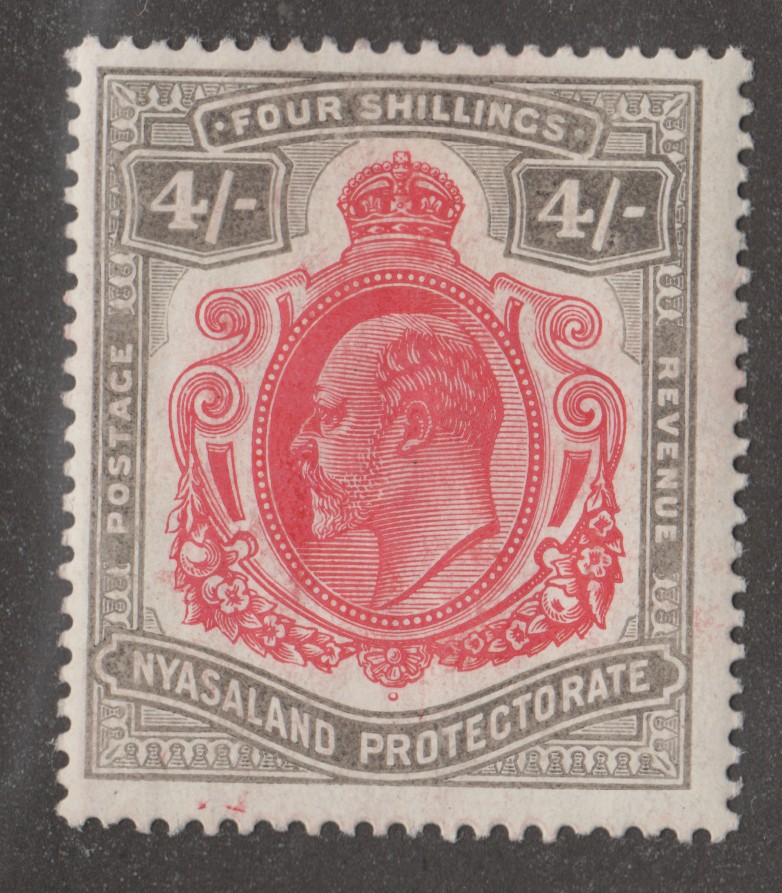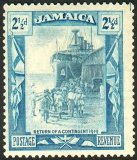
Discussion - Member to Member Sales - Research Center

Discussion - Member to Member Sales - Research Center


Login to Like
this post
Hi Pooh
Could it be that the K of the postmark has caused it to look like a six
See if you can post an enlargement of the corner you are referring to.
Regards
Horamakhet

1 Member
likes this post.
Login to Like.
I have tried to do as you asked but where you asked me it doesn't come out clear. I will just put this on the back burner and wait until my kids come home to help me Pooh

Login to Like
this post
Hi Pooh
During the very early period of Federation, the printing process was very primitive and millions of stamps were printed with some form of error, one of the most common of errors was white specking on stamps, mainly caused by ink particles sticking to the doctor blade when excess ink is scraped off.
Such specking can leave what is known as unique varieties, as specking is not a repeated process in the same area such as a roller flaw, constant inking error or some form of cracked or worn plate.
And of course specking can mutate a letter/s or number.
There are other forms of specking, when the sheet is still a little wet when laid upon other sheets, the sheet can be slightly stuck to the upper sheet and when separated, some of the inking would be removed leaving exposing specks of the paper underneath.
And the way the stamp was treated over time.
Unless the stamp is put under a microscope, it might be impossible to say exactly what is the course of the malformed letter.
Rob

1 Member
likes this post.
Login to Like.
08:22:32pm
Just wondering if anyone on Stamporama has seen this The last E of THREE is a 6. I have looked at this a few times and thought this can't be true but there it is. I have looked in the book and it isn't there

Login to Like
this post

re: Three halfpence
Hi Pooh
Could it be that the K of the postmark has caused it to look like a six
See if you can post an enlargement of the corner you are referring to.
Regards
Horamakhet

1 Member
likes this post.
Login to Like.
09:43:00pm
re: Three halfpence
I have tried to do as you asked but where you asked me it doesn't come out clear. I will just put this on the back burner and wait until my kids come home to help me Pooh

Login to Like
this post

re: Three halfpence
Hi Pooh
During the very early period of Federation, the printing process was very primitive and millions of stamps were printed with some form of error, one of the most common of errors was white specking on stamps, mainly caused by ink particles sticking to the doctor blade when excess ink is scraped off.
Such specking can leave what is known as unique varieties, as specking is not a repeated process in the same area such as a roller flaw, constant inking error or some form of cracked or worn plate.
And of course specking can mutate a letter/s or number.
There are other forms of specking, when the sheet is still a little wet when laid upon other sheets, the sheet can be slightly stuck to the upper sheet and when separated, some of the inking would be removed leaving exposing specks of the paper underneath.
And the way the stamp was treated over time.
Unless the stamp is put under a microscope, it might be impossible to say exactly what is the course of the malformed letter.
Rob

1 Member
likes this post.
Login to Like.

